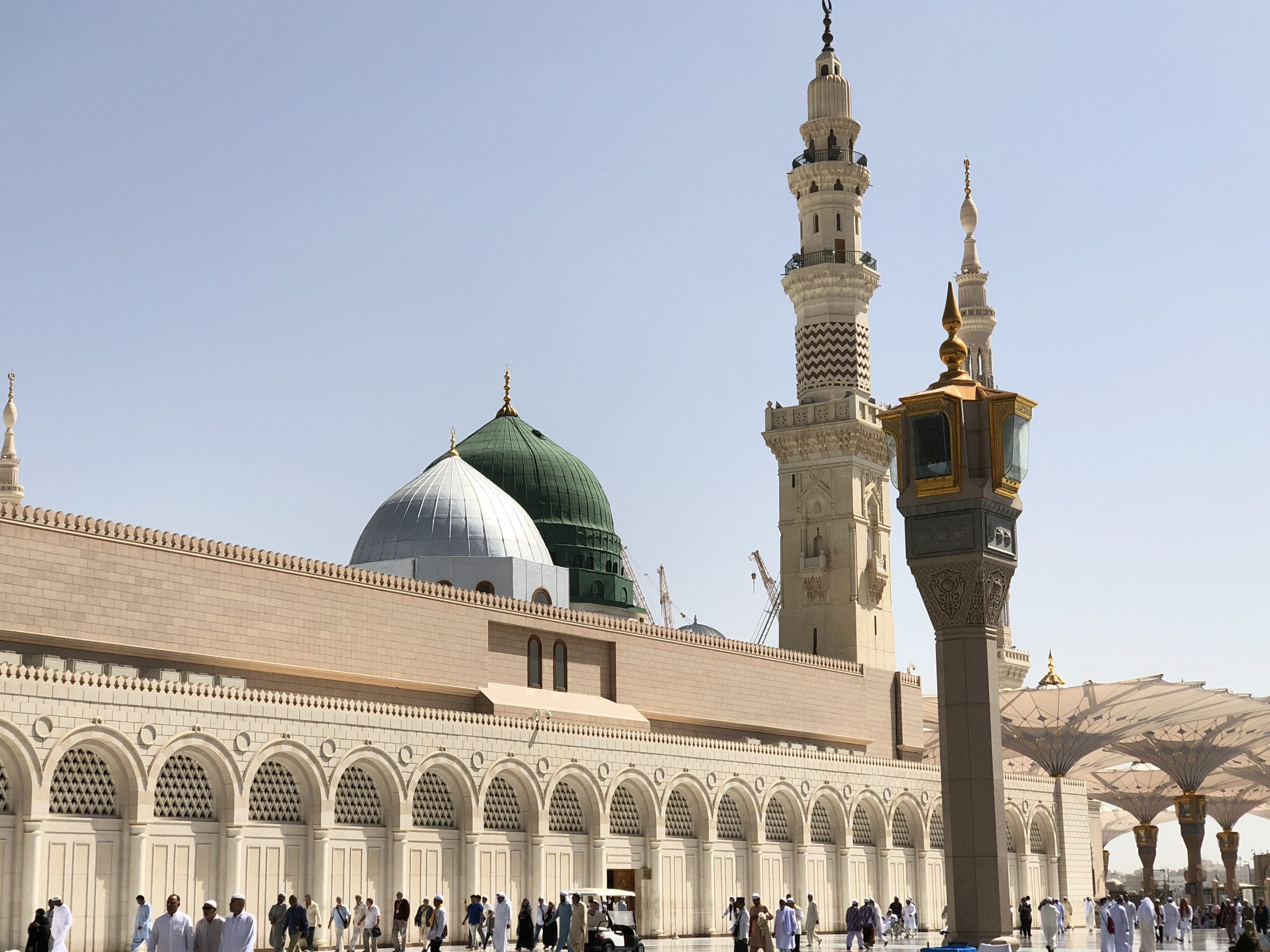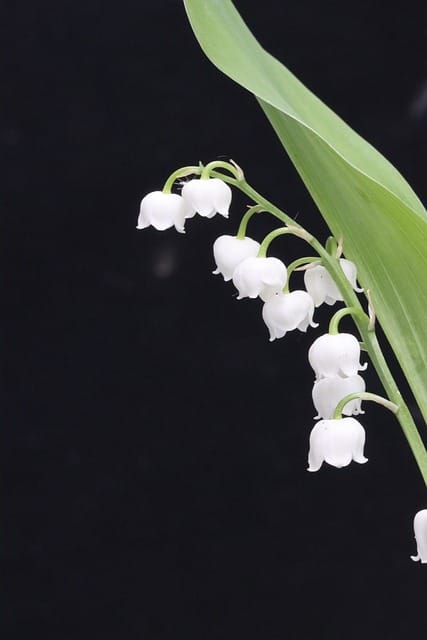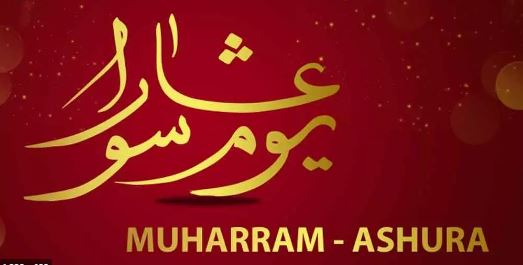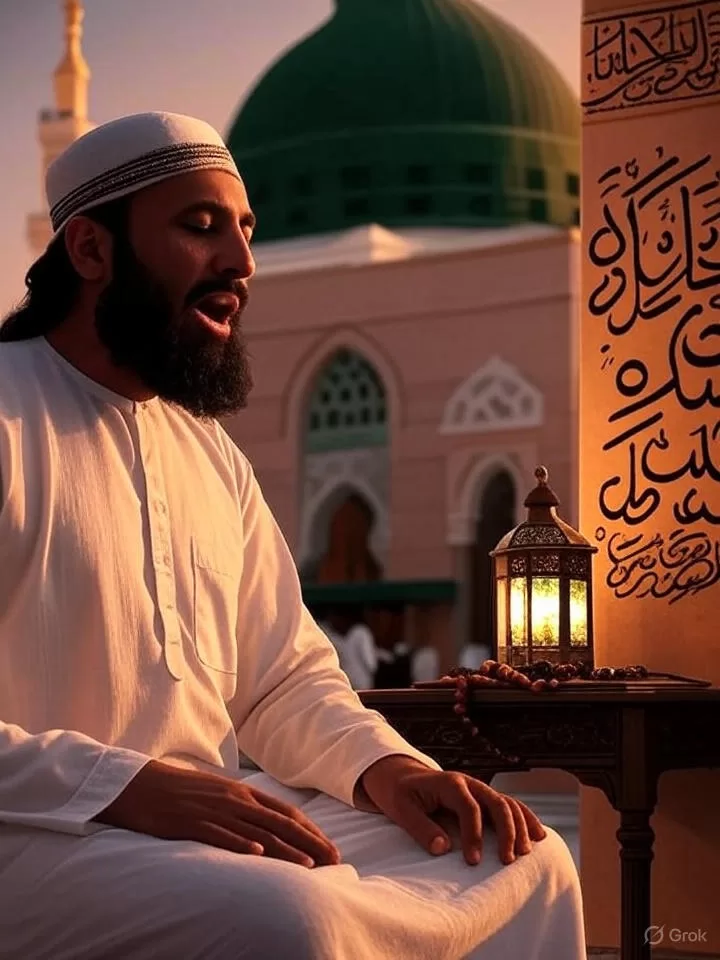Is Celebrating Mawlid un Nabi (ﷺ) Permissible? Guide for Believers
Celebrating Mawlid un Nabi ﷺ: An Expression of Faith, Not an Innovation
The Greatest Favor: Why We Celebrate the Prophet’s Arrival
For over 1400 years, upon the arrival of the blessed month of Rabi al-Awwal, the hearts of Muslims across the globe have been filled with a unique and profound joy. This is because it marks the celebration of Mawlid un Nabi ﷺ, the birth of the greatest blessing ever bestowed upon humanity, our master, the Prophet Muhammad (Sall Allāhu ‘alayhi wa sallim). This celebration is not a new invention; rather, it is an outpouring of love and gratitude for the mercy Allah sent to all the worlds.
Indeed, Allah Ta’ala Himself declares this arrival as His greatest favor upon us in the Holy Quran:
“Allah did confer a great favor on the believers when He sent among them a Messenger from among themselves, rehearsing unto them the Signs of Allah, sanctifying them, and instructing them in Scripture and Wisdom, while before that, they had been in manifest error.” (Quran, Surah Al-Imran, 3:164)
To rejoice in this favor, therefore, is to rejoice in Allah’s mercy. It is a spiritual necessity, for it is impossible to speak of Islam without mentioning the name and the sublime Sunnah of the Prophet Muhammad ﷺ.
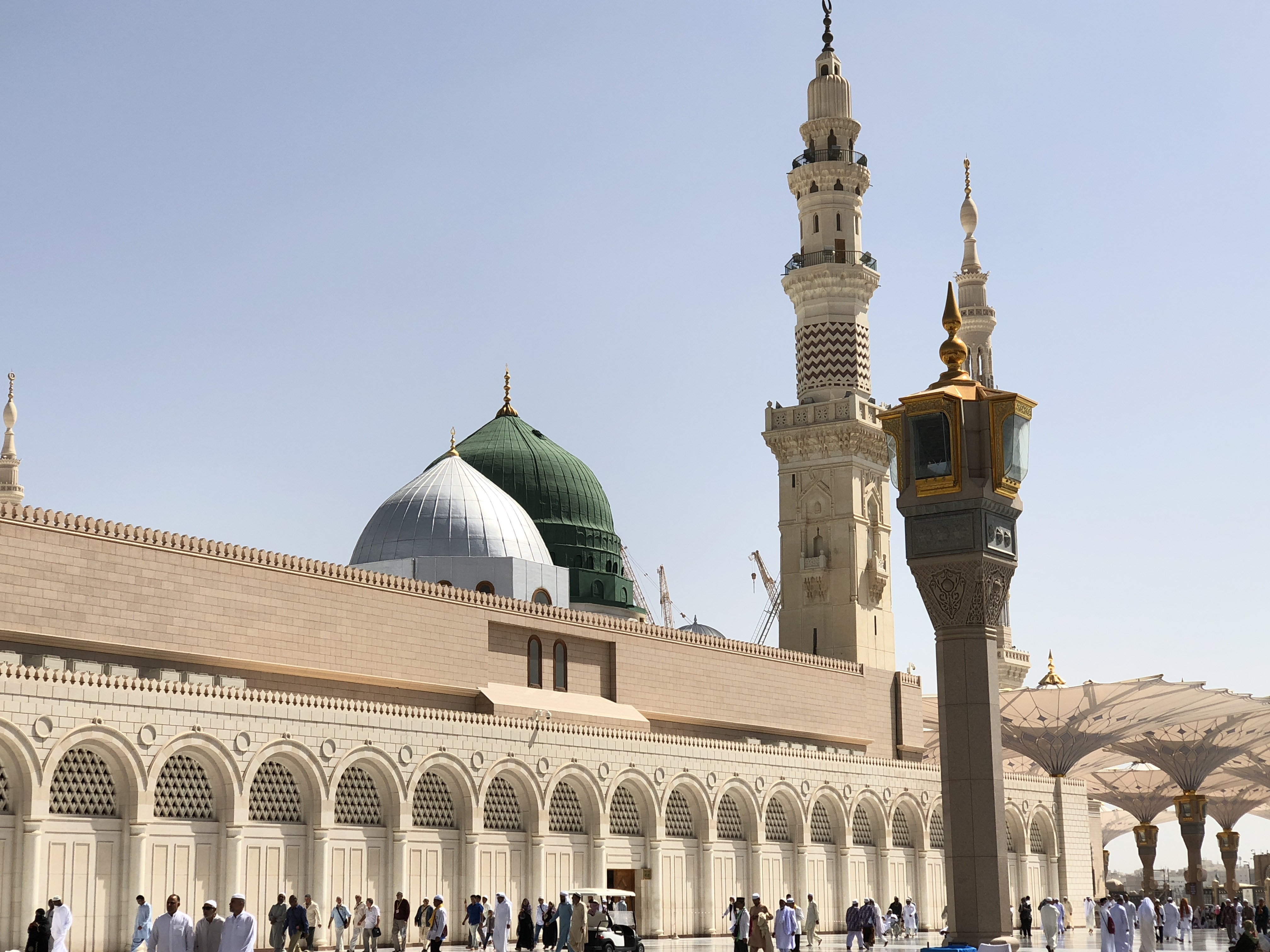
Addressing Misconceptions: Is Celebrating Mawlid a Bid’ah?
Unfortunately, some voices today seek to label the beautiful tradition of celebrating the Prophet’s birthday as a bid'ah (a forbidden innovation) or even shirk (polytheism). They ask, “Where in the Quran or Hadith does it say to celebrate on the 12th of Rabi al-Awwal?”
This question, however, misunderstands the very spirit of Islamic law. The correct question is: “What is there within the celebration of Mawlid that is against the Quran and Sunnah?”
Let us examine the core components of a typical Mehfil-e-Milad:
Recitation of the Holy Quran
Praise of Allah Ta’ala (
Hamd)Poetry in Praise of the Prophet ﷺ (
Naat-e-Rasul)Speeches on the
Seerah(Life of the Prophet)Sending Blessings and Salutations (
Durood-o-Salam)Collective Supplication (
Dua)Sharing Food and Joy
Which of these blessed acts is forbidden? On the contrary, each one is individually encouraged and sanctioned by the Shariah. If each component is a righteous deed, how can their combination on a day of happiness become a sin? The argument falls apart under basic scrutiny. In fact, Allah Himself narrates the birth stories of previous prophets in the Quran, highlighting the importance of remembering these blessed arrivals.
The Foundation of Faith: Love for the Prophet ﷺ
The celebration of Mawlid is, at its core, an expression of love. And love for the Prophet Muhammad ﷺ is not optional; it is the very foundation of Iman (faith). Allah Ta’ala makes this connection undeniably clear:
“Say, [O Muhammad], ‘If you should love Allah, then follow me, [so] Allah will love you and forgive you your sins.'” (Quran, Surah Al-Imran, 3:31)
This verse establishes a divine reality: the path to attaining Allah’s love is through the love and following of His Messenger ﷺ. The Prophet ﷺ himself cemented this principle, stating:
“None of you will have faith until I am more beloved to him than his father, his children, and all of mankind.” (Sahih al-Bukhari)
Therefore, when the month of Rabi al-Awwal arrives, the Ashiq-e-Rasul (lovers of the Prophet) naturally overflow with joy. The Mehfil-e-Milad becomes the venue for this love, a place to gather, remember, and rejoice in the gift of the Prophet ﷺ.
Analyzing the Blessed Components of a Milad Gathering
Let us look closer at the individual acts performed during a Mawlid celebration to affirm their permissibility and immense reward.
1. Recitation of Quran & Hamd
Praising Allah and reciting His divine words are, without question, among the highest forms of worship. No objection can be raised against them.
2. Naat-e-Rasul (Praising the Prophet ﷺ)
Is it permissible to praise the Prophet ﷺ? Allah Ta’ala Himself praises His beloved Messenger throughout the Quran with unparalleled beauty:
“And We have raised high for you your remembrance.” (Quran 94:4)
“Indeed, Allah confers blessing upon the Prophet, and His angels [ask Him to do so]. O you who have believed, ask [Allah to confer] blessing upon him and ask [Allah to grant him] peace.” (Quran 33:56)
“And We have not sent you, [O Muhammad], except as a mercy to the worlds.” (Quran 21:107)
Furthermore, it is established in authentic hadith that the Prophet ﷺ himself would ask Hassan ibn Thabit (radi Allahu anhu) to recite poetry in his praise. If praising the Prophet ﷺ were shirk or bid'ah, would Allah and His Messenger engage in it? The thought is inconceivable.
3. Speeches on the Seerah
Discussing the life, character, and teachings of the Prophet ﷺ is a form of dawah and a vital way to educate the Ummah. It is through remembering his perfect example that we learn to sanctify ourselves and follow the path of wisdom, just as the verse from Surah Al-Imran states.
4. Durood-o-Salam
As the verse from Surah Al-Ahzab (33:56) commands, sending blessings and salutations upon the Prophet ﷺ is a direct order from Allah. To object to this, whether it is done sitting or standing, is to object to a Quranic command. Out of utmost respect (adab), the lovers of the Prophet choose to stand and send Durood-o-Salam upon their master.
5. Dua & Distribution of Food
Making dua is the essence of worship, and feeding people is one of the most beloved acts in Islam. To claim these acts are forbidden is to ignore the entire spirit of the Shariah. They are expressions of gratitude and love, a means of sharing the barakah of the blessed gathering.
Conclusion: Embrace the Mercy, Reject the Misguidance
The evidence is overwhelmingly clear. Celebrating Mawlid un Nabi ﷺ by gathering for acts of remembrance, praise, and gratitude is not only permissible but is a profound expression of the love and Iman that a believer must have. It is a gathering of Khair (goodness) and a means of strengthening our connection to the one who is our link to Allah Ta’ala.
Do not be swayed by those who seek to extinguish this light by mislabeling it as bid'ah. This is often the work of Shaytan, who wishes to cut the Ummah off from the love of their Prophet ﷺ. Embrace the joy of Rabi al-Awwal, attend the gatherings of Milad, and rejoice in the greatest favor Allah has ever bestowed upon creation.
